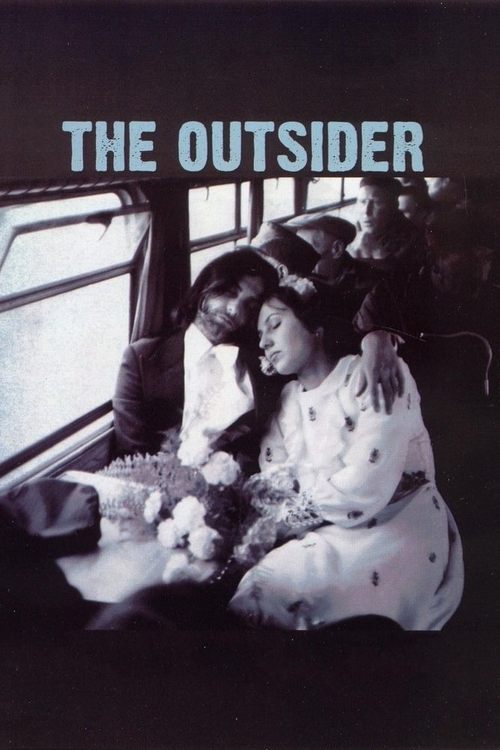
 Disclaimer - This is a news site. All the information listed here is to be found on the web elsewhere. We do not host, upload or link to any video, films, media file, live streams etc.
Kodiapps is not responsible for the accuracy, compliance, copyright, legality, decency, or any other aspect of the content streamed to/from your device.
We are not connected to or in any other way affiliated with Kodi, Team Kodi, or the XBMC Foundation.
We provide no support for third party add-ons installed on your devices, as they do not belong to us.
It is your responsibility to ensure that you comply with all your regional legalities and personal access rights regarding any streams to be found on the web. If in doubt, do not use.
Disclaimer - This is a news site. All the information listed here is to be found on the web elsewhere. We do not host, upload or link to any video, films, media file, live streams etc.
Kodiapps is not responsible for the accuracy, compliance, copyright, legality, decency, or any other aspect of the content streamed to/from your device.
We are not connected to or in any other way affiliated with Kodi, Team Kodi, or the XBMC Foundation.
We provide no support for third party add-ons installed on your devices, as they do not belong to us.
It is your responsibility to ensure that you comply with all your regional legalities and personal access rights regarding any streams to be found on the web. If in doubt, do not use.
 Kodiapps app v7.0 - Available for Android.
You can now add latest scene releases to your collection with Add to Trakt. More features and updates coming to this app real soon.
Kodiapps app v7.0 - Available for Android.
You can now add latest scene releases to your collection with Add to Trakt. More features and updates coming to this app real soon.


A priest arrives in a village and give advice and comfort to different people. He meets a wheelchair-bound former representative of the Communist party, a woman who is dying of tuberculosis and an astronomer who sings in a punk band.

A Hungarian band plays American rock & roll and blues hits with great enthusiasm and passion, but success seems to avoid them. TV and radio don't play their songs, sometimes even their crowd just sits and sips beer. Something must be done, and the band's leader (Lóránt Schuster) comes up with the big idea: write and play songs for the people about themselves and not about some exotic, but too distant people's life. "We move from Tobacco Road to Retek street." With the remains of the band and a second singer (Gyula Deák "Bill") they find what they failed to show people before. The rich new sound can finally translate the spirit of blues and rock much more than words from any dictionaries could, this is the Kőbánya blues.

The film, taking place in 1950, presents the story of Father Leopold and the monks of his order struggling to once again revive Christianity in a country trying to scrape itself together after the war. Initially, the communist powers do not hinder their work, and the Church was even able to regain possession of holy objects hidden during the war. This "peaceful" state does not last long. Father Leopold is arrested on trumped up charges, and in order to break him, he is subjected to cruel torture. His former student, Lieutenant Keller, who turned his back on religion and now believes in the socialist system, is appointed - upon the command of Major Fyodorov - to extract a confession of guilt. But the Father's perseverance and resistance changes everything.

Held in an L.A. interrogation room, Verbal Kint attempts to convince the feds that a mythic crime lord, Keyser Soze, not only exists, but was also responsible for drawing him and his four partners into a multi-million dollar heist that ended with an explosion in San Pedro harbor – leaving few survivors. Verbal lures his interrogators with an incredible story of the crime lord's almost supernatural prowess.

Shortly after the end of World War II, a con man on the run finds himself in a passionate love affair that may well cost him his life.

In post-WWII Hungary, a group of Communist college students arrive at a Catholic seminary hoping to engage in peaceful debate with its students.

The story takes place on New Year's Eve that a group of friends have been celebrating together for years. The host is the newly divorced psychologist, Aliz, and her guests are her younger brother, Döme, the chemistry teacher, Kristóf, the gynecologist, Gábor, the cook, and Márk, the photographer. They are all childhood best friends. In the meantime, Gábor's wife, Saci, the lawyer, and Márk's girlfriend, Fanni, the young special education teacher joins the group. The topic of the conversation veers in the direction of how nowadays people store many secrets and confidential information on their cell phones, and what kinds of conflicts may arise if the phones fall into unauthorized hands. Each of the seven members of the group insists on not having any secrets, on their lives being an open book, to which Aliz suggests that they should prove it.

In the Seventeenth Century, while Hungary is fighting the Turks, the population of a small village in...

Sarajevo June 28, 1914. Dushan, the Serbian mayor of a Hungarian town, has come to see the parade of Archduke Ferdinand. While there he runs into Geza, an old friend in the Hungarian Army and invites him to come to his house and visit him and his new wife.